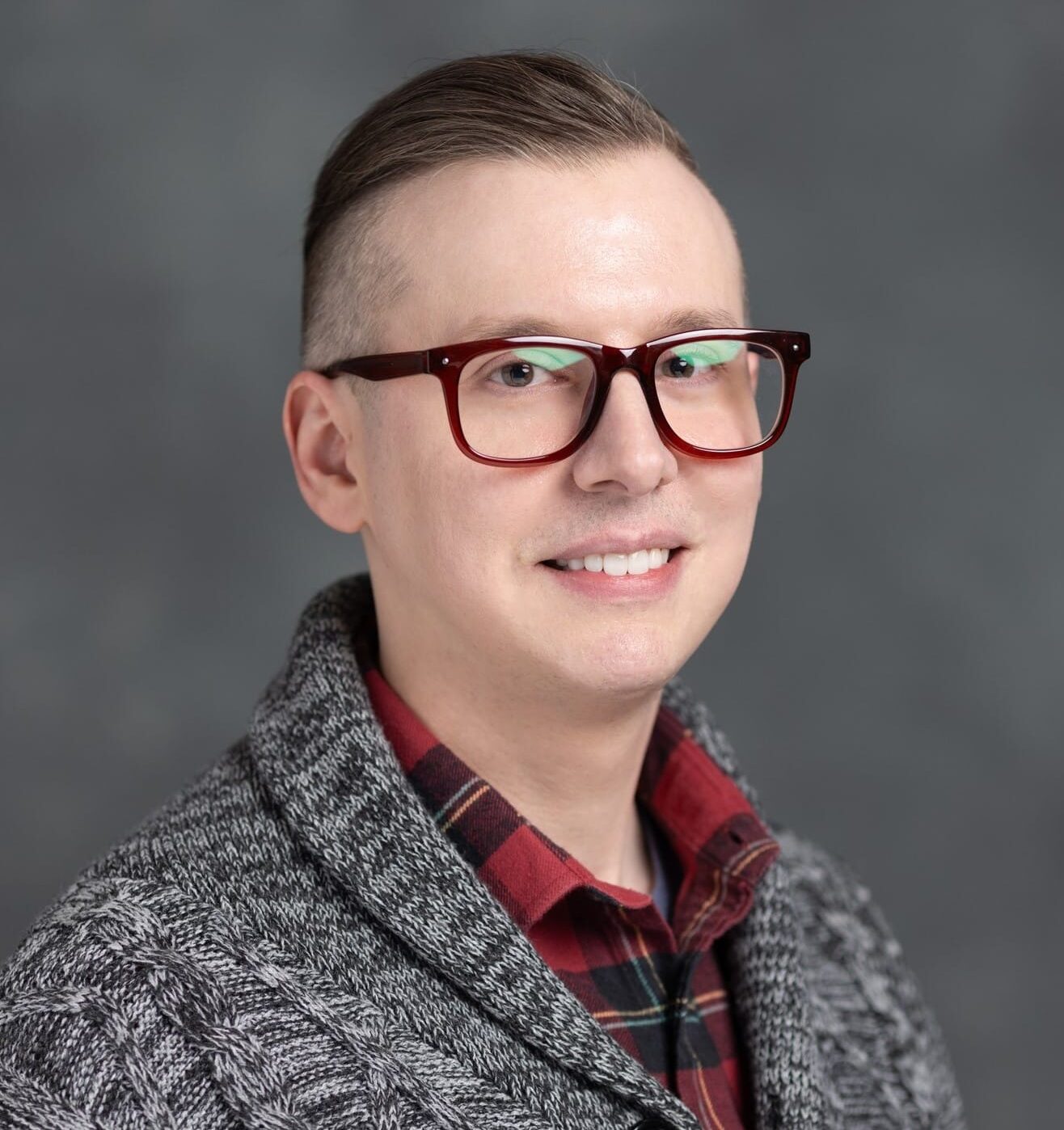Assistant Professor Brian Dobreski at the School of Information Sciences began his research with the Inclusive Catalog Use Lab in 2022. Recently, he secured an Institute of Museum and Library Services (IMLS) National Leadership Grant to support his ongoing research.
Dobreski, along with his research partners Karen Snow at Dominican University and Heather Moulaison-Sandy at the University of Missouri, is focusing on terminology in cataloging related to the LGBTQ+ community.
“There’s a lot of work that has gone into trying to find different ways to label things that are more inclusive of that group,” Dobreski explained. “We’re at a point now where we’re able to start testing these with the users themselves. So far we have had a lot of academic discussions and suggestions about what to do. In libraries, doing actual user-human subjects research is difficult. It’s time-consuming and takes a lot of money and resources.”
This is why grants such as the ones provided by IMLS are so important.
“We’re at a point now where we can actually go back to the users and test some of these recommendations and options to see what works well for them and what they would like to see in the library catalog. We got an initial grant from the iSchools in 2022 and it was enough to get us started. We surveyed LGBTQ+ library catalog users, and then we did interviews with a smaller subset of them. We focused a little bit more on the language they use both in their everyday talking and the language that they search in the library catalog and looked at the differences between those two,” he said.
Dobreski and his colleagues submitted their initial proposal for the grant in September 2023. IMLS is one of the major funding sources for researchers in the library and information science fields, and they receive numerous proposals to review. The grant totals nearly $400,000 and will be distributed over three years.
Dobreski, Snow, and Moulaison-Sandy have partnered with several consortia in Illinois, which together include over 400 libraries. Consortia are groups of companies that work together toward a common goal. Many of these libraries use the same catalog and interface. According to Dobreski, they chose Illinois because its demographics closely resemble those of the United States as a whole.
Now that they have secured the grant, they will be carrying out the study in three phases.
The first phase involves collaborating with the consortia to enlist their patrons’ help in the study.
“We’ll be sitting with them on Zoom, watching them use the catalog, asking them questions, and asking them to do certain things. It’s a chance to get an idea in the moment of how they interact with the catalog, what they like, and what frustrates them. Again, that’s all part of that user-based data that is really hard and time-consuming to get, but with the grant, we have the resources to do that,” he said.
In the second phase, also known as year two, they will test modified catalog records and adjust metadata based on their findings from phase one.
Then, in year three, they will revisit users in focus groups and present them with various options such as different languages, genres, and labels that could be used in the catalog.
“That’s what the grant is really all about—going back to the users and getting their input,“ Dobreski stated.
Dobreski is currently teaching classes on information organization, including metadata, cataloging, and classification. These topics align with his research and the grant he has received. He hopes his research will provide practical advice for libraries and ultimately benefit his students in their future careers.
“A lot of libraries right now really want to help their users, people who are in marginalized groups who, perhaps, might have difficulty searching for information or using the catalog. We’re hoping at the end of the grant we will have user-based evidence and some easy things you could do right now to help improve the experience of LGBTQ+ catalog users. Hopefully, it will serve as a model for working with other marginalized groups at the library,” he said.

